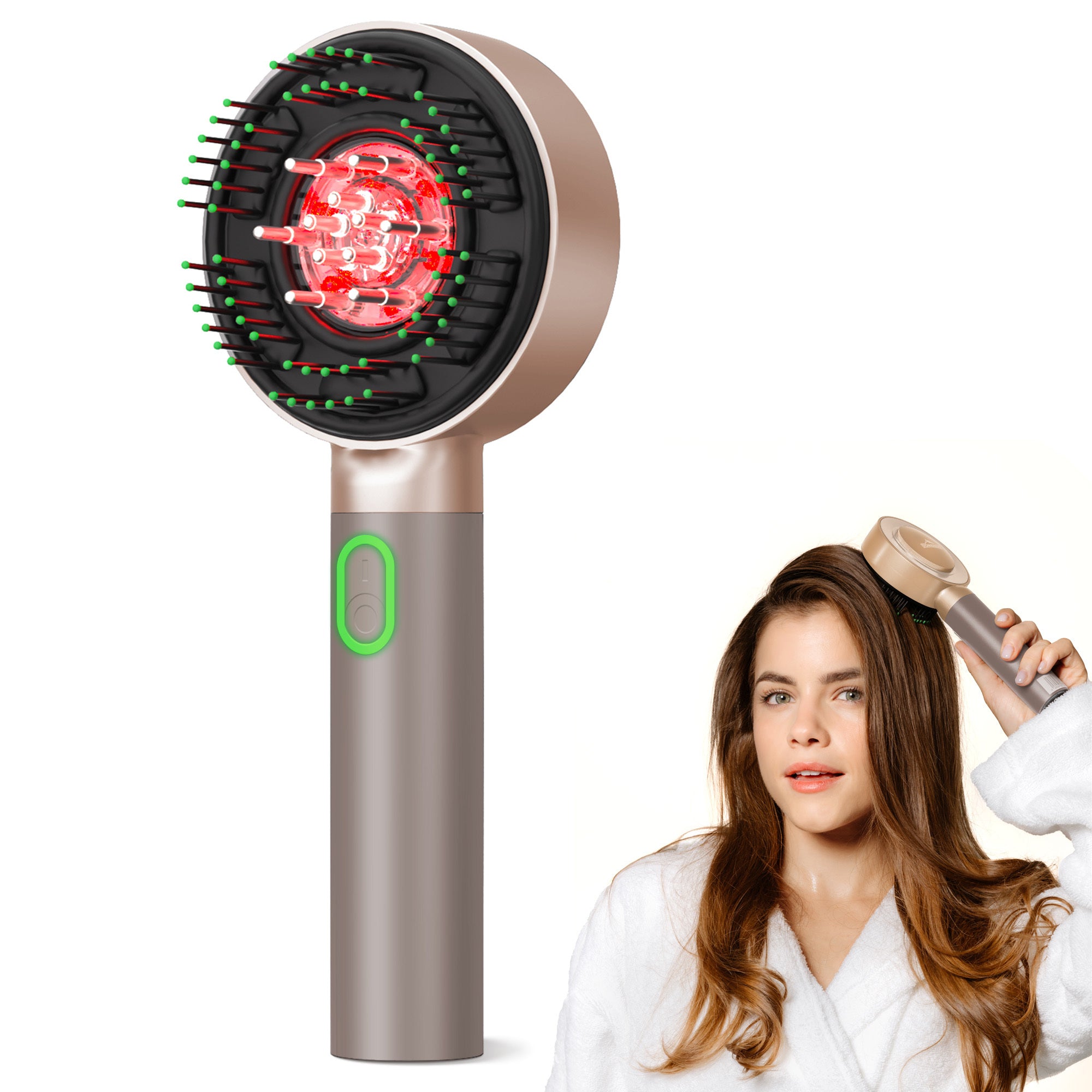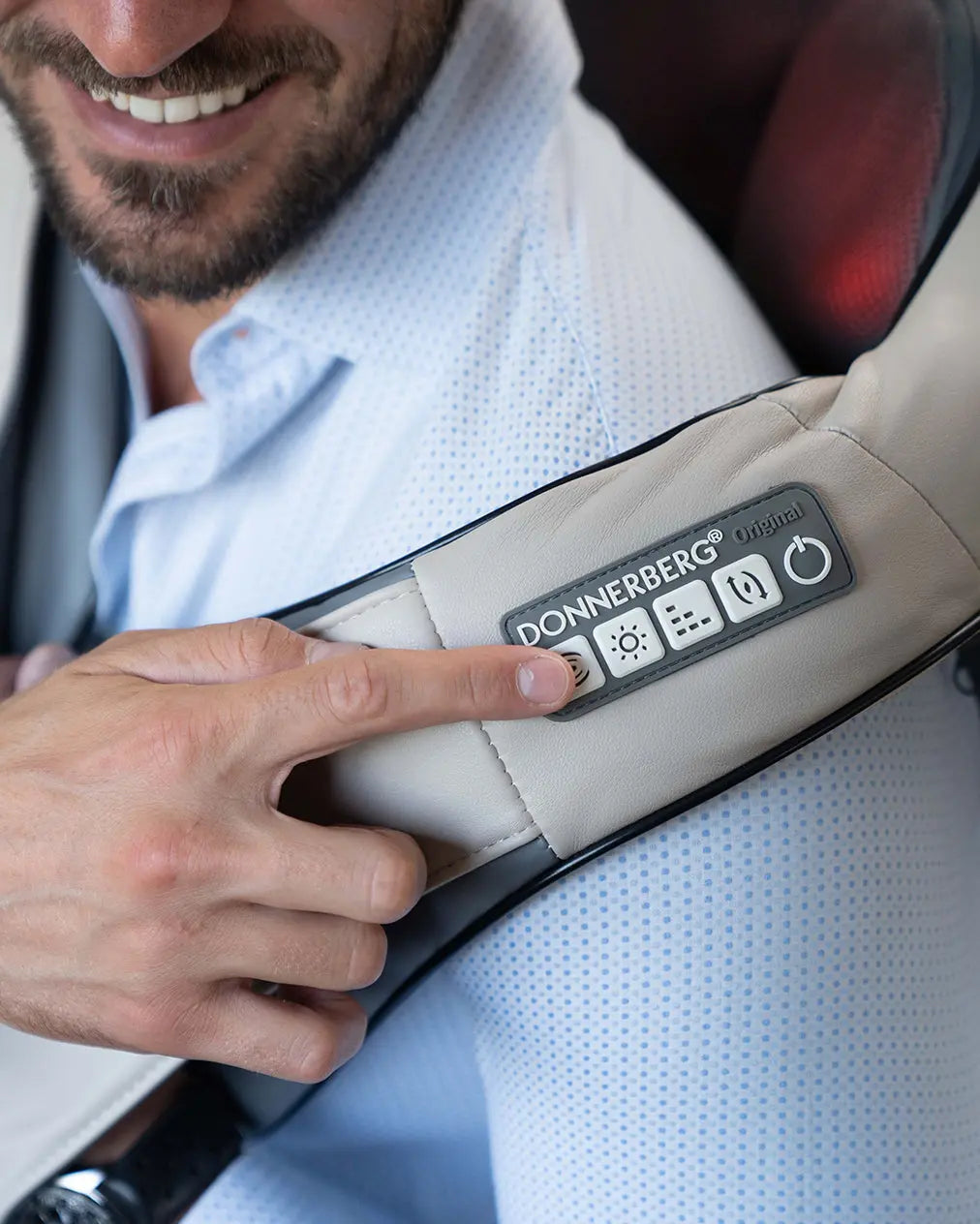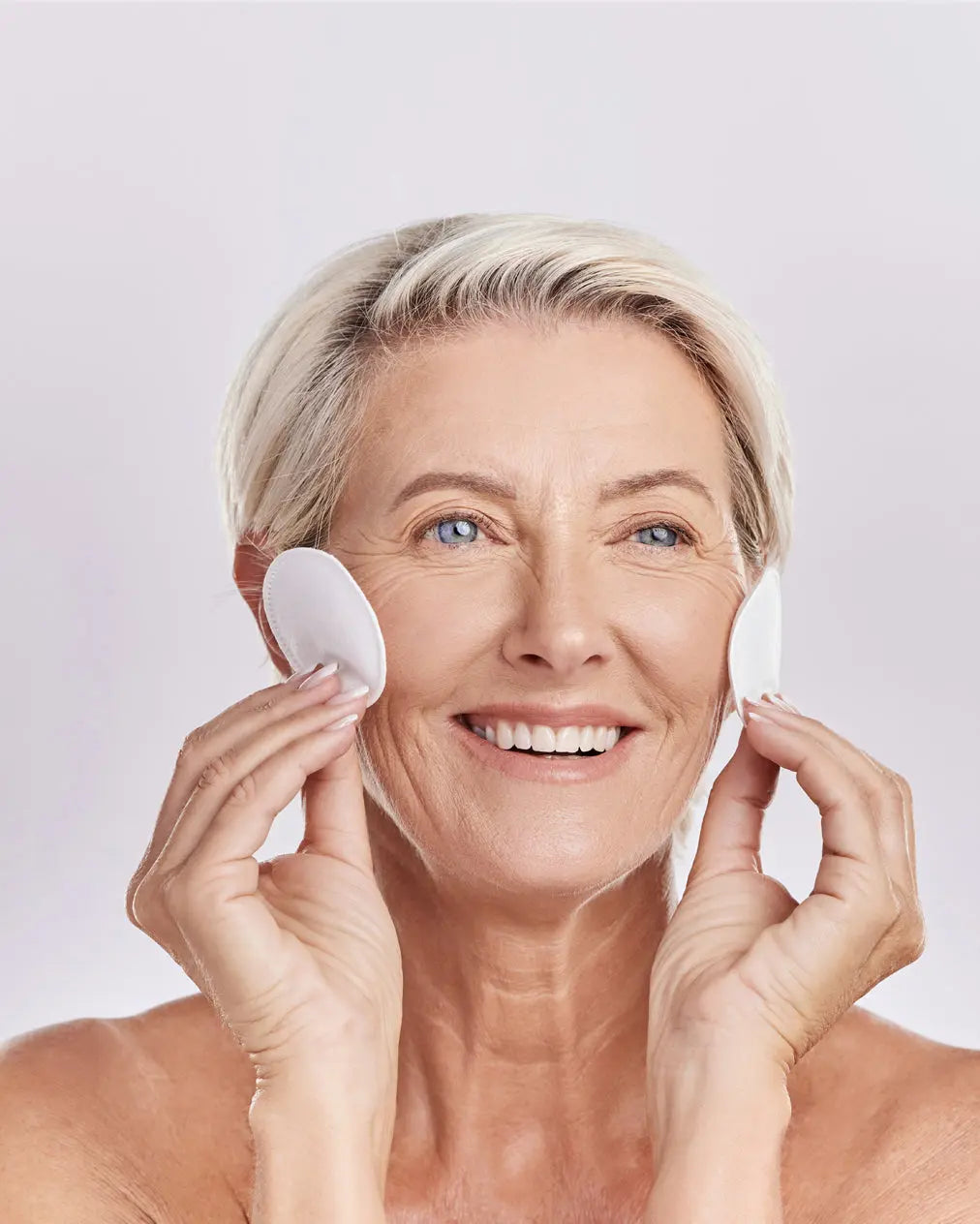Generalized anxiety disorders (GAD) can significantly impact daily life, causing symptoms like irritability, restlessness, and worry. This not only affects quality of life but also contributes to fatigue, insomnia, tension, headaches, and gastrointestinal issues.
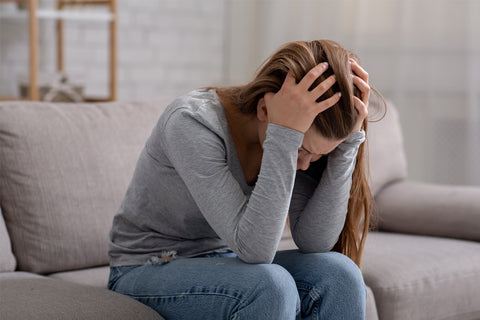
What are the underlying causes of anxiety?
Often, anxiety disorders stem from past events and suppressed feelings. We unconsciously or consciously try to fight and suppress these emotions, creating an inner wall between us and the discomfort.
As time passes, additional negative emotions like hopelessness, resignation, or anger accumulate. We find ourselves no longer grappling with a single repressed feeling, but rather a bundle of emotions intertwined with past experiences. Eventually, the inner wall crumbles, leading to sudden and unexpected panic or anxiety attacks.
Can anxiety trigger neck pain?
Anxiety is among the potential causes of neck pain and tension. Stress commonly accumulates in the upper back and shoulders, extending to the neck and causing intense discomfort. However, neck pain can also stem from cervical vertebral trauma due to accidents at home, on the road, or during sports. Improper movements can restrict blood vessels in the neck, impairing the optimal supply of oxygen and nutrients to the brain. This can lead to symptoms like perception disorders, difficulty concentrating, tiredness, and irritation of the brain nerves.
Other symptoms include:
(1) Numbness in arms or hands;
(2) Headache;
(3) Stuffy nose;
(4) Increased occurrence of dizziness or nausea;
(5) Frequent ingestion;
(6) Shoulder and neck pain;
(7) Sleeping disorders;
(8) The urge to empty the bladder frequently.
When the nerve is irritated by our “Nervus Sympathicus” escape impulses, the symptoms typical of anxiety are: palpitations, fast breathing, high blood pressure, excessive sweating, and heart stumbling.

What is the most effective massage for anxiety?
In a comprehensive six-week treatment study conducted in America, a group of 47 individuals diagnosed with anxiety were provided with massage therapies twice a week. The massage sessions incorporated a combination of slow, rhythmic stroking, gentle kneading of underlying muscles, and the application of various percussive techniques known as "tapotement." As anticipated prior to the study, the tapping massage demonstrated remarkable potential in alleviating anxiety and producing positive effects on the participants' symptoms. To assess the impact, the patients utilized a scale to measure the severity of their psychological fears and the physical manifestations of anxiety. Analyzing the data collected, the researchers were able to demonstrate a gradual improvement in the overall well-being of the individuals throughout the duration of the study, suggesting the effectiveness of tapping massage as a valuable therapeutic intervention for anxiety management.
Massage therapy has a profound impact on the immune system and the release of stress hormones, which diverge from those experienced by individuals with anxiety disorders. Interestingly, nearly half of anxiety disorder patients turn to complementary or alternative therapies for relief. Although there is limited knowledge regarding the effectiveness of these approaches, regular massage therapy has been scientifically demonstrated as a viable and effective alternative when combined with conventional therapeutic measures. Its consistent usage can provide significant benefits in managing anxiety and promoting overall well-being.
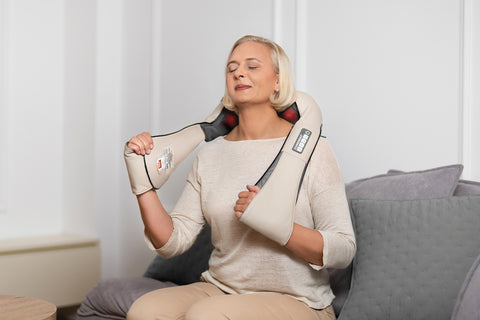
References:
https://www.ncbi.nlm.nih.gov/pubmed/27464321
https://www.angst-verstehen.de/vegetatives-nervensystem-beruhigen/


